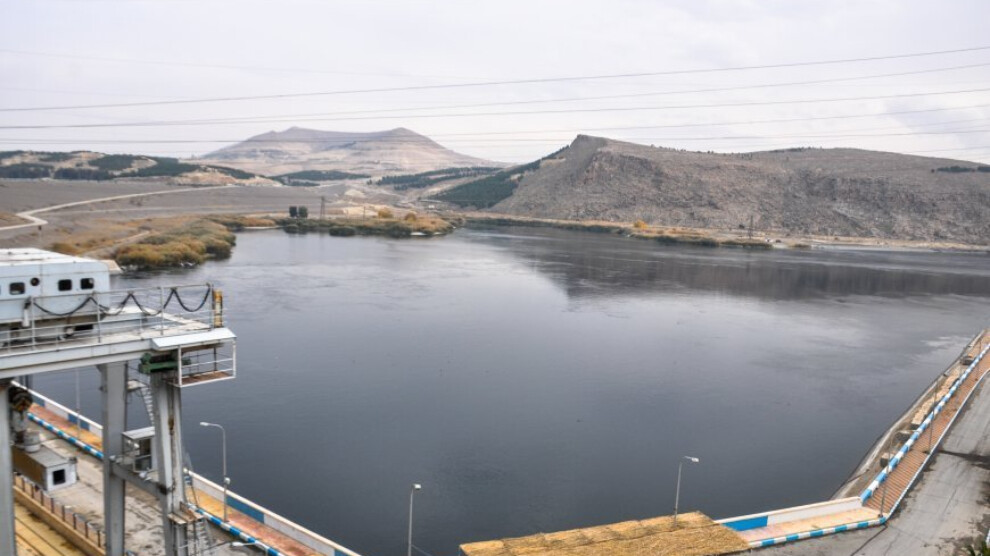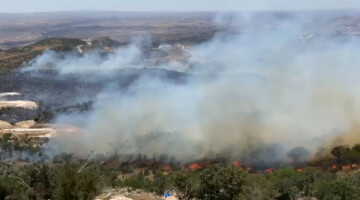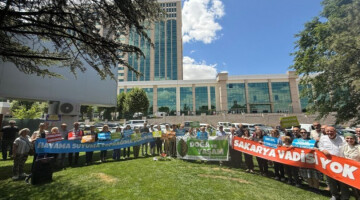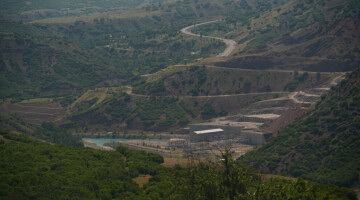On February 13, the Çöpler gold mine in the İliç district in the province of Erzincan was the scene of a catastrophe. A huge slope of rubble contaminated with cyanide slid down and buried several workers. At least nine workers still remain trapped under the earth. A toxic dust cloud rose up, threatening the surrounding settlements. The disaster is expected to affect the Euphrates basin and the Tigris and all of Mesopotamia.
Following the disaster, images of cyanide water mixing into the Euphrates River were circulated on social media. According to reports, the poisonous water mixed with the river water and spread over a long area with the current due to the AKP government's failure to take precautions.
In the face of the allegations, the Democratic Autonomous Administration of North-East Syria took action to analyse the water flowing into the Syrian part of the Euphrates River. Since the Euphrates River water is an important source of drinking and agricultural irrigation water in the region, concerns have increased.
The Euphrates Canton Executive Council established a committee to analyse the water.
A total of 8 members, 2 from the Environment Committee, 2 from the Local Administrations Committee, 2 from the Health Committee and 2 from the Executive Committee, were elected to the committee established under the name of Euphrates Canton Emergency Situations Committee.
Following the appointment of the Committee, work was initiated. According to initial analyses, no toxic substances were found in the river water.
The members of the committee stated that there is a possibility that the poisonous substances will be transferred to Northern and Eastern Syria in the coming days and that they will carry out analyses continuously and inform the public about the issue.















